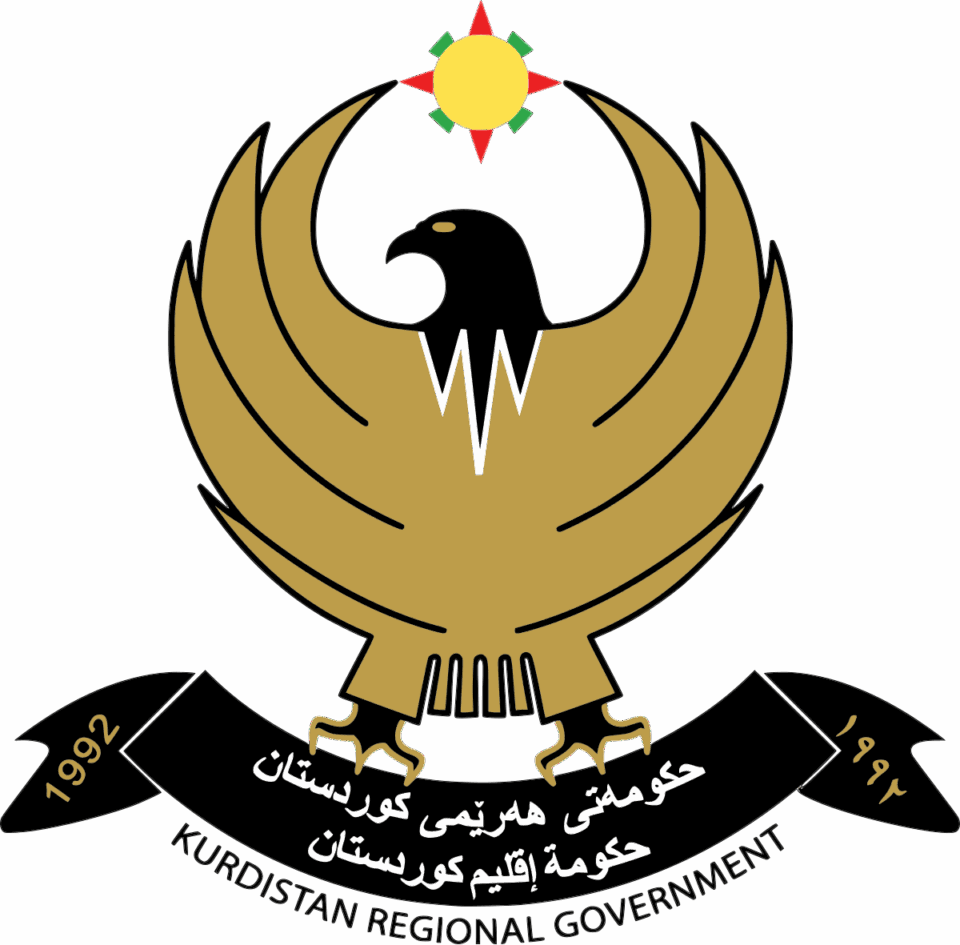Sema
KRG Highlights Baghdad’s Use of Distorted Revenue Data to Justify Budget Cuts and Evade Legal Duties
The Kurdistan Region Ministry of Finance and Economy issued a strongly worded response on Thursday, rejecting the Iraqi Federal Government’s decision to halt salary payments to public sector employees in the Kurdistan Region. The response, addressed to Iraq’s Ministry of Finance, denounces the move as unconstitutional, unjust, and emblematic of Baghdad’s long-standing financial marginalization of the Kurdistan Region.
KRG’s Response: A Rebuttal to Baghdad’s Fiscal Punishment
The letter was issued one day after Baghdad informed the Kurdistan Regional Government (KRG) that it would stop sending the Region’s salary allocations beginning in May, claiming that disbursements would exceed the KRG’s share of the federal budget. The KRG’s Ministry of Finance and Economy responded by exposing the federal government’s flawed legal justifications, distortion of court rulings, and politicized interpretation of financial obligations.
1. Violation of Constitutional Principles
The KRG pointed out that Baghdad’s decision violates Article 121(3) of the Iraqi Constitution, which guarantees a “fair share of federal revenues” to all regions based on revenues collected—not actual expenditures, as Baghdad incorrectly insists. The letter emphasized that Baghdad’s calculation method is legally baseless and undermines the Region’s financial rights.
2. Misuse of Federal Court Ruling
The KRG also disputed Baghdad’s reference to a letter from the Federal Supreme Court to justify salary suspensions. The Ministry clarified that the cited letter does not contain any direct or indirect instruction to cut salaries, and misrepresenting it as a legal basis betrays the court’s intent to ensure equal treatment for all Iraqis, including those in the Kurdistan Region.
3. Misapplication of Budget Provisions
Refuting Baghdad’s reliance on a misleading 12.67% formula based on actual spending, the KRG reminded the federal government that the Supreme Court’s ruling in February 2024 clearly stipulated that salaries must be paid from the Kurdistan Region’s share in the annual federal budget—not according to Baghdad’s selective, post-hoc spending calculations.
4. Clear Agreement Ignored
The response further notes that at the beginning of 2025, a detailed agreement was reached between both governments regarding salaries, pensions, social safety nets, and compensation for victims of chemical weapons and the Anfal campaigns. That agreement, witnessed and approved by Baghdad’s own Finance Ministry, estimated the KRG’s financial needs at 13.3 trillion IQD for the year. As of now, only 4.2 trillion IQD has been transferred, leaving 9.1 trillion IQD outstanding—proof that Baghdad is reneging on a mutually agreed-upon arrangement.
5. Oil and Non-Oil Revenue Manipulation
The KRG’s letter criticized Baghdad’s unilateral and centralized interpretation of oil and non-oil revenues, which excluded key costs such as production, domestic consumption, and power generation. It accused Baghdad of weaponizing incomplete or distorted financial figures to justify cutting the Kurdistan Region’s budget and evading its own legal responsibilities.
A Pattern of Economic Suppression Against the Kurdistan Region
This latest crisis is not an isolated incident. It is part of a long-standing strategy by Baghdad to undermine the Kurdistan Region’s autonomy by using financial levers as political weapons. Since 2014, the federal government has frequently delayed or suspended budget transfers, withheld salary payments, and failed to compensate victims of Saddam-era atrocities despite repeated promises and constitutional obligations.
While Baghdad has continued to expand federal employment and distribute resources disproportionately across the central and southern provinces, the Kurdistan Region has been excluded from new job allocations since 2013. This glaring inequality not only deprives Kurdish citizens of fair economic participation but also reveals Baghdad’s systemic discrimination against the Region.
Adding insult to injury, the federal government has ignored its legal duty to compensate victims of the Anfal genocide, chemical weapons attacks, and forced displacement campaigns that targeted Kurdish civilians. Instead of addressing these historical injustices, Baghdad has chosen to intensify the suffering of the Kurdish people by withholding the most basic right—salaries for public servants and social welfare recipients.
In conclusion, the Kurdistan Region’s Ministry of Finance and Economy reaffirmed its commitment to the law, urging Baghdad to immediately resume salary payments and fulfill its constitutional and legal obligations. The Ministry warned that Baghdad’s continued violations not only harm the citizens of the Kurdistan Region but also erode trust in the federal system and risk pushing Iraq toward deeper political instability.
KDP Issues Ultimatum to Baghdad Over Withheld Salaries Ahead of Eid
In a related development, the Kurdistan Democratic Party (KDP), the leading political force in the Kurdistan Region, has issued a firm ultimatum to Baghdad on Thursday, warning that it will take a “serious stance” if salaries are not released before Eid al-Adha. In a statement by its Politburo, the KDP condemned the federal government’s decision as a deliberate political maneuver designed to exert economic pressure on the Kurdish population.
The party accused Baghdad of violating constitutional agreements and undermining the foundations of federalism in Iraq. As tensions mount, the KDP announced that its Central Committee will convene on Monday to determine an appropriate response, signaling that Kurdish patience with Baghdad’s financial manipulation may be wearing thin.
Kurdish Lawmakers Decry Salary Suspension as Constitutional Violation
In a unified response, Kurdish factions in the Iraqi parliament on Thursday voiced strong condemnation of the Federal Ministry of Finance’s decision to halt salary payments to Kurdistan Region public employees. In a joint statement, they described the move as a severe blow to thousands of civil servants already grappling with economic hardship, warning that using public employees as political leverage constitutes a violation of their basic rights.
Citing Article 14 of the Iraqi Constitution, which enshrines equality and justice for all, the lawmakers called on Prime Minister Mohammed Shia al-Sudani to intervene immediately and urged Kurdish representatives in the federal government to adopt a firm and unified position against the discriminatory policy.

